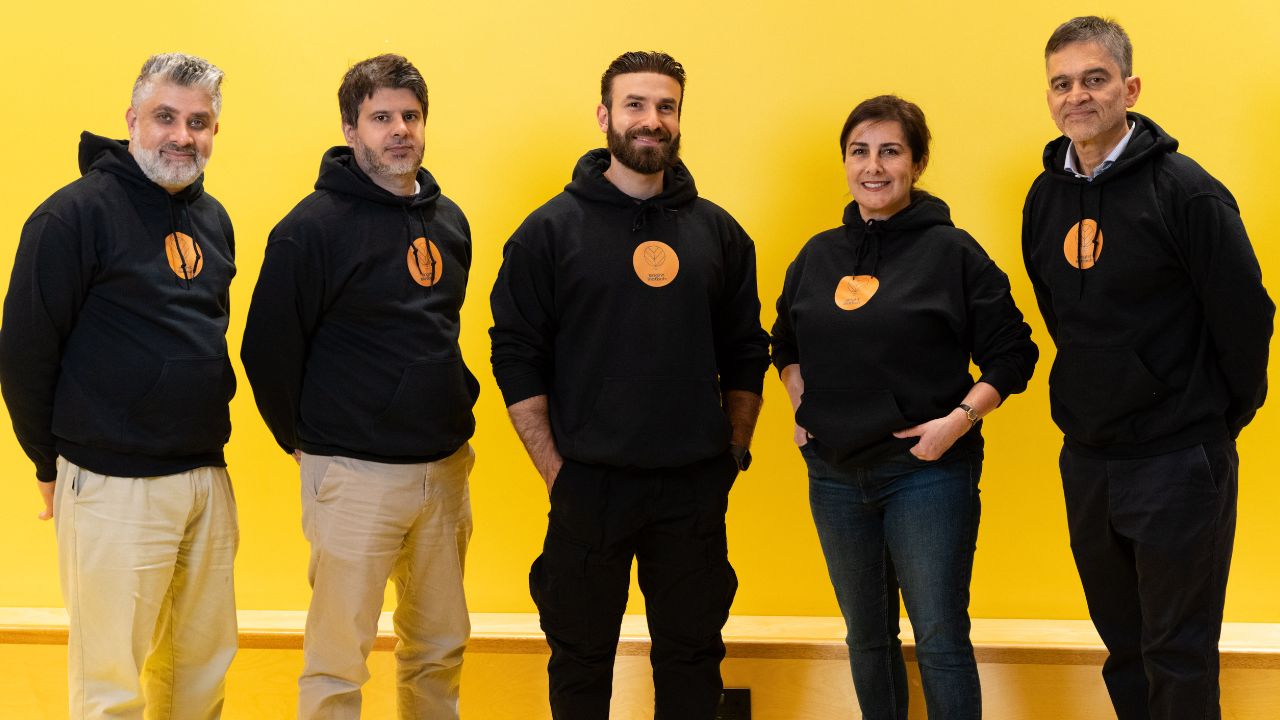Manchester-based Bright Biotech has secured $3.2 million in an oversubscribed seed funding raised to commercialise its cultured meat growth factors, using life-giving organelles from plant cells that ordinarily turn sunlight into oxygen.
Scientists hope meat grown from lone animal cells in bioreactors could eventually help reduce food poverty and reduce the world's need for high-emissions livestock. By 2040, data forecasts cited by Bright Biotech predict the industry could be worth as much as $116 billion. Opinions on the environmental impact vary; one analysis says the carbon footprint is 92% less than beef, but just 17% lower than chicken.
But while the technology has been proven to work, the trouble has been getting costs down so cultured meat can be sold commercially. In 2013, a London publicity event tasted the first ever lab-cultivated burger, at a reported $330,000 production cost.
In the intervening nine years or so, labs have continued to seek new innovations in cultured meat production.
One of the biggest potential cost savings stems from the price of plant-based growth factors used to expand animal cells, enabling them to expand and transform into animal flesh.
As these growth factors lead to exponential growth in the meat substance's mass, this means cost reductions could go a long way to tackling overheads, especially once cultured meat factories enter mass production.
Bright Biotech's provided figures shed some light on how much will need to be produced for a future cultured meat industry to challenge the price of traditional livestock-based farming.
To secure just 1% of the global market for protein products, the startup believes bioreactors will need up to three tonnes worth of growth factor substances.
Today, these ingredients are said to represent at least 55% of cultured meat marginal costs, making them "more expensive by weight than real diamonds", Bright Biotech said.
In March, a forecasting model devised by scientists revealed there was only a 30% chance of growth factor pricing dropping below 30% of the overall meat product cost by 2031, greatly reducing the chances of widescale cultured meat before mid-century.
The sheer scale of this challenge makes companies like Bright Biotech a good fit for investors seeking shares in small startups with far bigger societal implications.
This $3.2 million round is being led by Food Lab with further contributions from impact investors Big Idea Ventures, CPT Capital and the FoodHack syndicate, and assorted angel investors.
The aim is to reach the market with an early iteration of Bright Biotech's product sometime next year.
Before then, this latest capital raise should kickstart the next phase of the startup's R&D programme, focused on identifying an engineering method with which to produce the cultured meat growth factors.
Money from the round is also earmarked for team recruitment, helping Bright Biotech source more scientists with "high-profile" stem cell biology expertise.
Bright Biotech CEO and founder Mohammad El Hajj said: "With the fresh funding and our growing team of experienced scientists and production experts we are set for rapid commercialisation."



Would you like to write the first comment?
Login to post comments